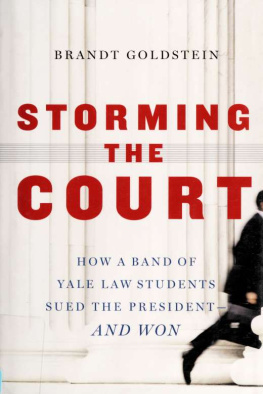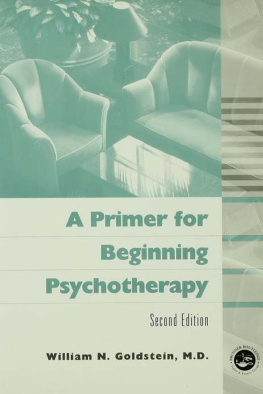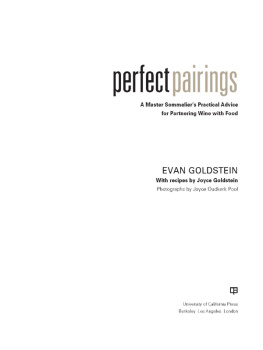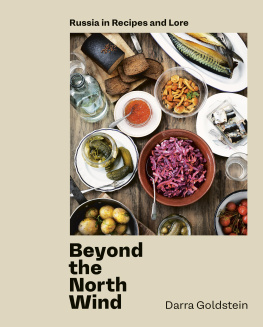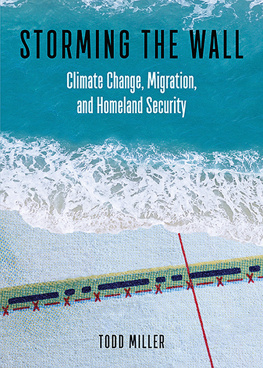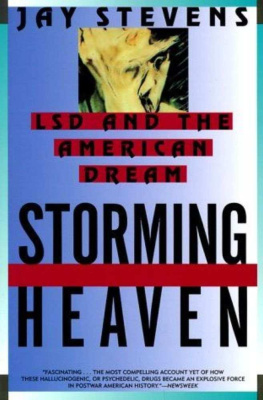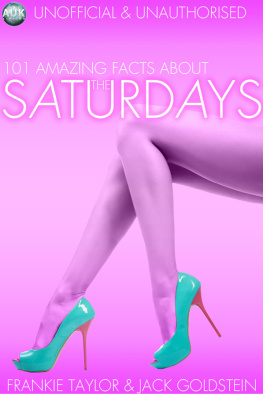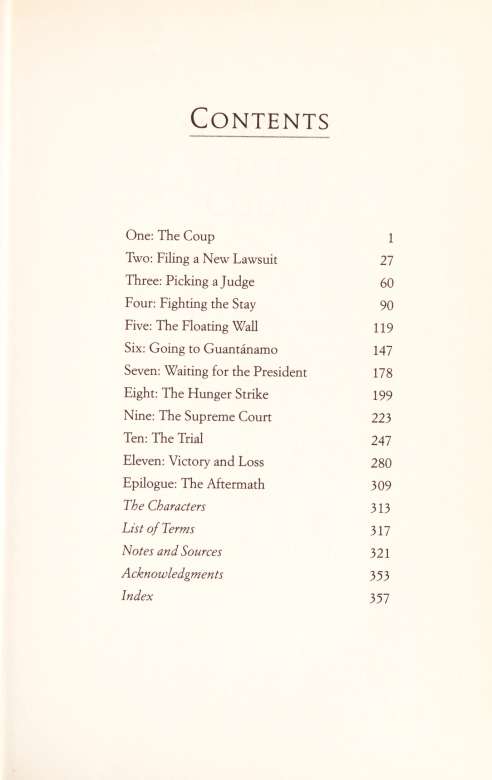This book made available by the Internet Archive.
For my parents, Jone Rymer and
Irwin J. Goldstein




mvO
ituPr.c fjf"1 :fi :&^av4 m * / I if*'
ViCt'
I * tSC'H f^f? -' .vR Qm^iiinmV) 0^1 %nK
^fl: rf-.l gTi-i^.v^"'
fSi
^ A .Sitli
.a

V
Storming
THE
Court


The Coup
Port-au-Prince, September 28 , 1991 .
A NTENOR Joseph swept into KID headquarters, several men flanking him. The building s courtyard was packed, his wife and fellow democracy activist, Yvonne Pascal, wedged in among the nervous crowd. It was late afternoon, hot and still, with heavy clouds interrupting the sunshine.
Tande! Tande! he yelled. Listen up! We think there s going to be a coup tonight! Everybodys got to leave!
Yvonnes heart jumped. There was an explosion of protest in Creole, How do you know? someone called out.
Evans got the word, Antenor replied, his voice echoing off the walls. There s no way to stop it now. Go home!'
The shouting continued, but people began streaming out. Rumors had been flying through the city for weeks: President Jean-Bertrand Aristide was in trouble. Aaitenors warning only confirmed what everyone had feared.
Yvonne fought her way through the crowd to her husband. He pulled her aside.
Tonight, tomorrow, he said. No one knows for sure. But its coming.
Her chest felt tight. She had to get home, find the children.
Dont go outside, he said. Whatever you do.
What about you? Where will you be?
I may not see you for a while, he whispered, holding her close. Everyone at the meeting was in danger, but as a key figure in KIDthe
Brandt Goldstein
Confederation for Democratic UnityAntenor would now be a hunted man.
He hurried Yvonne outside, his arm around her. Downtown Port-au-Prince was a circus of hawkers and hustlers, the street choked with dented pickup trucks and tap-tap buses in frantic colors. Horns blared and thick blue exhaust clouded the air. Antenor signaled for a taxi, something they could not really afford. Several motored bybeat-up Toyotas and Hondas jammed with passengersand he finally broke into a run, flagging one down at a clogged intersection. Yvonne squeezed in, and as the car pulled away, she watched her husband stride back toward the courtyard.
The cab careened around open-air markets and abandoned construction projects, then descended into Cite Soleil, a labyrinth of tin shanties and open sewers. Yvonne paid the driver and scurried down a muddy pathway. Shriveled men were hunched over dominoes. Bare-chested children in rags kicked at an empty plastic jug. Dogs scavenged through garbage, their ribs straining against sagging flesh.
She reached her three-room shanty, breathless. Her mother, Therese, was cooking rice and beans over a charcoal fire. Her six-year-old son, Jacques, sat on the floor, copying his name on a scrap of paper. Yvonne gave the boy a relieved kiss, then ran out to retrieve her eleven-year-old, Daniel, who was playing soccer in the nearby dirt churchyard. He didnt want to leave, but she dragged him home.
With both kids inside, Yvonne ventured out to warn the neighborhood about the coup. There was little need. People already knew. She could feel it around hera hard, dark fear. Young men were stockpiling machetes and rakes, shovels and old planks of wood, anything that might serve as a weapon. She grabbed someones arm. You cant fight bullets with a stick, she argued. They had to resist, the man said. If enough people went to the palace, they could stop the military.
She shook her head. This was sheer stupidity. We have to stay alive for tomorrow! she cried. But they wouldnt listen. Resigned, she used the fading dayhght to fill extra jars with water at the public stone fountain. It would be too dangerous to go out after dark.
Through the evening and all the next day, Yvonne and her family waited, tense, uncertain. Other local organizers rapped on the door, slipped in to talk with her. The teledydl rumor mill^was churning. But there were no soldiers around. It was strangely quiet.
Storming the Court
And then, as darkness fell, gunfire erupted.
Yvonne raced into a bedroom with the boys and yanked them to the floor, shielding their bodies with her own. Bullets ricocheted off the corrugated metal roof with a loud pang-pang-pang. There was shouting, punctured by more gunshots. Screams and cries followed, and her children broke into sobs. She crouched over them, singing, raising her voice whenever the guns grew loud. It went on all night, the air laced with the acrid smell of burning tires from protest barricades. Well after sunrise, her children finally collapsed into sleep.
Later, the news crackled over her father s transistor radio on Radio Soleil: Aristide had been forced out of the country. She slumped in despair. Everything she and Antenor had worked for Aristide s election, a new beginning, a country where her children could have hopewas gone. Yvonne lay low with her family for several days, worrying, brooding. Finally, with the gunfire growing sporadic and distant, she stole outside to investigate. Clumps of melted tires smoldered in the alleys. Bodies lay in pools of blood, flies buzzing around them, dogs tugging at their limbs. A heavy truck rumbled by on the main road. Her neighbor passed on the rumor: the coup leaders had ordered the dead dumped in Ti-tanyen, the paupers graveyard north of the capital.
Darting through the shadows, shanty to shanty, Yvonne made her way to the nearby pawnshop. She gave the owner a gourde, about twenty cents, to use the telephone. There was no answer at the KID office. She dialed the number again and again with no luck. Fearing the worst, she finally risked a visit to another KID member in a neighboring slum. Antenor, he reassured her, was safe. Hed gone into hiding in the Car-refour-Feuilles section of town, a poor hillside quarter overlooking the Port-au-Prince Bay. But KIDs headquarters had been ransacked and the groups leader, Port-au-Prince mayor Evans Paul, had been arrested and beaten at the airport.

